Carolina Wrens: Year-Round Residents In The Northeast

Carolina Wrens, long considered a more southerly species, are highly susceptible to severe winters which markedly decrease their populations. As a result, their numbers in the Northeast have historically been low. However, Carolina Wrens have been expanding their range northward over the past century, with the first Massachusetts nesting reported in 1901. In the mid-1900’s there was a significant northward range expansion, attributed to the increasingly warm winters we’ve experienced.
The Carolina Wren is now a more common sight in New England and ranges even further north into Ontario. An increase in the number of bird feeding stations in the past half century as well as reforestation of eastern forests have inevitably contributed to the extension of the Carolina Wren’s northern range, but scientists feel it’s mainly attributable to global warming.
Naturally Curious is supported by donations. If you choose to contribute, you may go to http://www.naturallycuriouswithmaryholland.wordpress.com and click on the yellow “donate” button.
A Few Avian Songsters Remain In New England Year Round

Anyone tuned in to bird songs is aware that the skies become fairly quiet once migration has taken place. 75% of North American songbirds head to warmer climes in the fall and when they disappear, so do their songs. Among those birds that remain in New England year-round are some species that actually continue to sing throughout the year as well. Northern Mockingbirds, Black-capped Chickadees, and Northern Cardinals are among them, as is the Carolina Wren (pictured), whose range has extended north as our climate has warmed.
Male Carolina Wrens sing year-round defending their territory. Unlike other wren species in its genus, only the male Carolina Wren sings. An individual can have from 17 to 55 song types. He will sing a song type an average of 15 times before switching to another song type, usually after a pause in singing. To hear a Carolina Wren, go to https://www.allaboutbirds.org/guide/Carolina_Wren/. How fortunate we are that their voices can be heard now and even in the dead of winter.
Naturally Curious is supported by donations. If you choose to contribute, you may go to http://www.naturallycuriouswithmaryholland.wordpress.com and click on the yellow “donate” button.




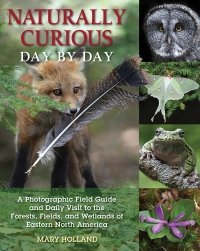
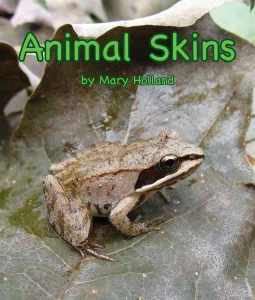
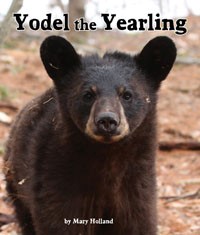


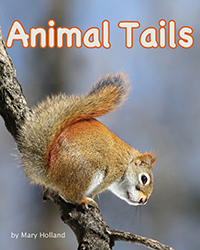
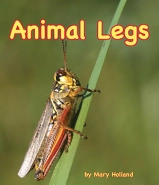
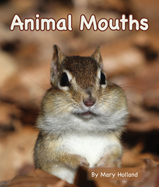



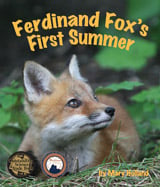


What Other Naturally Curious People Are Saying